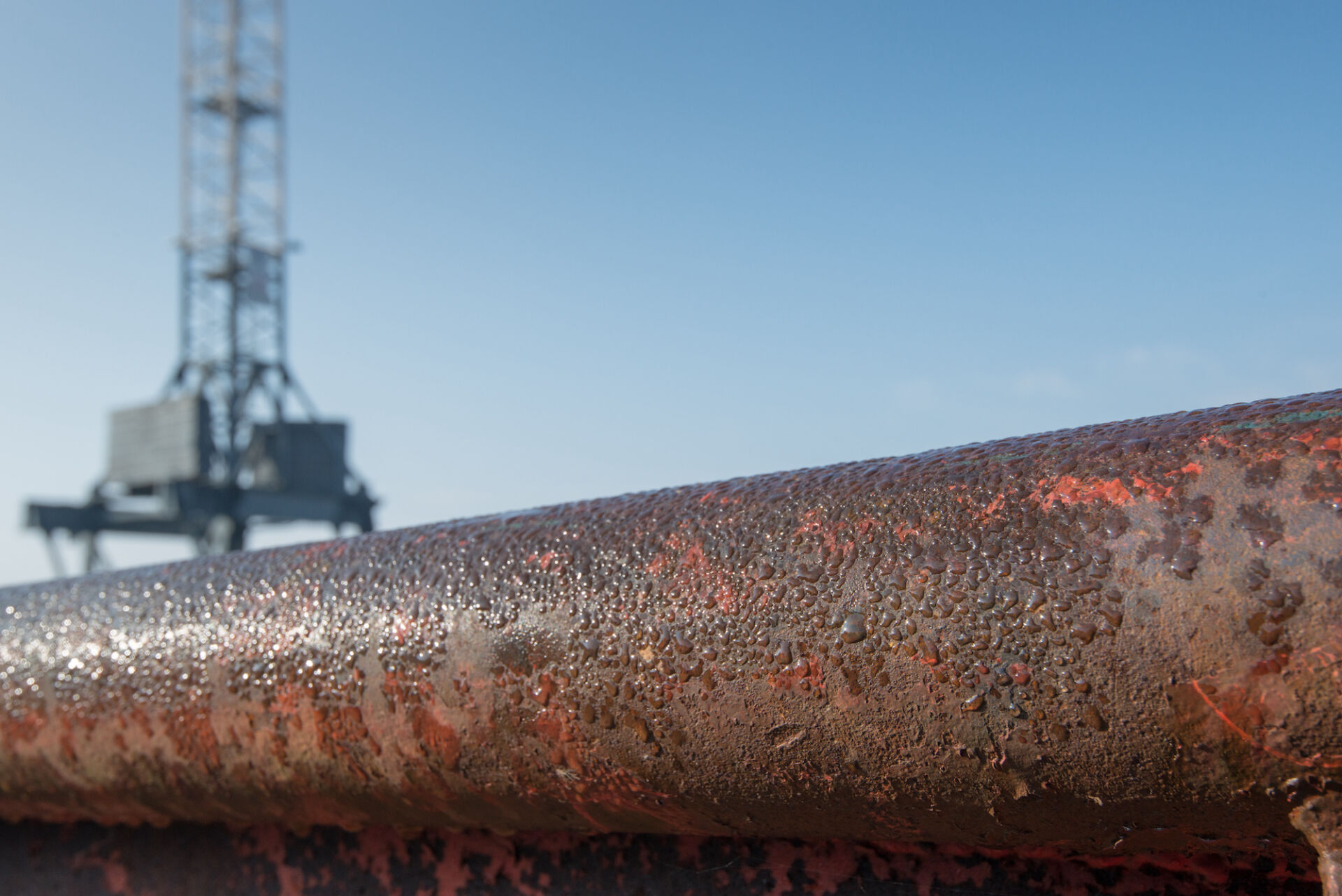Biofilms in the Energy Sector
Much of the marine infrastructure within the energy sector is vulnerable to microbially influenced corrosion – a process by which biofilms corrode the surface they inhabit. Fouled marine surfaces which experience corrosion have an increased risk of damage from heavy waves, impact or vibration. This has direct impacts on offshore wind facilities, tidal plants and nuclear power stations, which use marine or terrestrial water as a form of coolant. Not only does this corrosion incur major financial costs, but it also has significant environmental implications. Corroded pipelines can result in oil and gas leaks, which contaminate habitats, negatively impacting terrestrial and marine life. The damage associated with microbially influenced corrosion drives the market for corrosion inhibitors.
Scientists are currently investigating the potential of engineering biofilms that can generate electricity from water evaporation to utilise power for wearable devices in a sustainable manner.
Explainer Videos
Video by Jemima Derry
Video by Ayush Gurung
Video by Angel Gimmy
Impact
- In the oil and gas industry microbially influenced corrosion causes up to 20-40% of serious corrosion cases, and 70-95% of pipeline leaks.
- In 2024 the estimated market value of corrosion inhibitors was $12.1 billion. This value is predicted to grow to $22.7 billion by 2033.
Join Our Community
Join us in our mission to tackle and catalyse innovation in biofilms.








